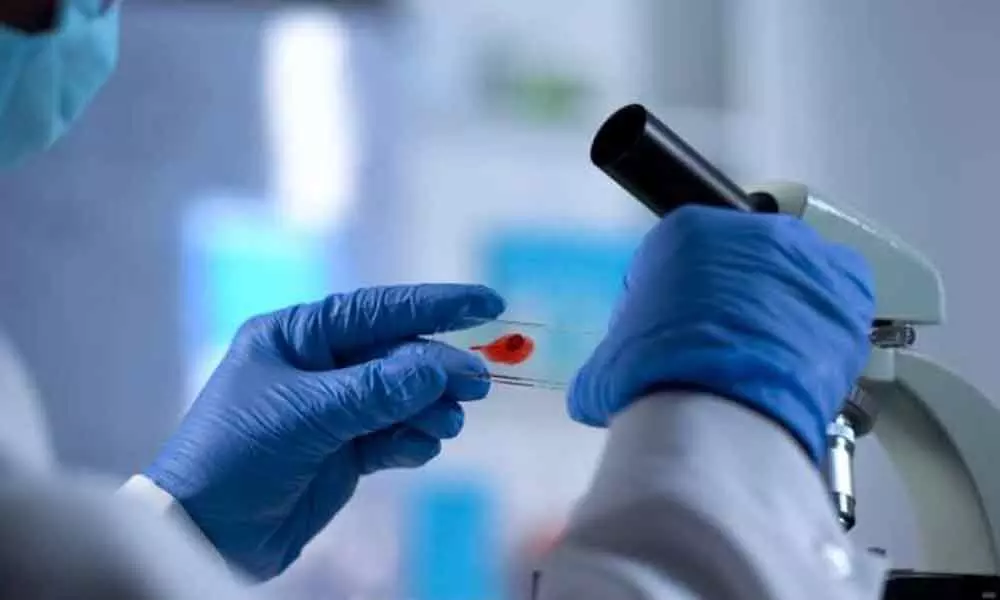New HIV subtype discovered, first since 2000: Study

Researchers have discovered a new subtype of the human immunodeficiency virus (HIV) called HIV-1 Group M, subtype L which is the first time a subtype of HIV has been found in almost two decades.
Researchers have discovered a new subtype of the human immunodeficiency virus (HIV) called HIV-1 Group M, subtype L which is the first time a subtype of HIV has been found in almost two decades.
The researchers from the multinational pharmaceutical company Abott used a tailored method of the next-generation genome sequencing technology to identify the new subtype - an advance showing how this technology is helping scientists stay one step ahead of mutating viruses, and avoid a new pandemic.
The study, published in the Journal of Acquired Immune Deficiency Syndromes (JAIDS), noted that Group M viruses - which can be traced back to the Democratic Republic of Congo (DRC) in Sub-Saharan Africa -- are behind the global AIDS pandemic that has affected more than 75 million people, with about 38 million people currently living with HIV.
The researchers said the guidelines for determining whether an unusual virus was a new HIV subtype required three independent cases of the virus to be reported. They said the first two samples of the Group M, subtype L HIV were discovered in DRC in the 1980s and 1990s, and the third, collected in 2001. The third sample, they said, was difficult to sequence at that time because of the amount of virus in the sample, and the existing technology.
In the current study, the researchers developed new techniques with next-generation sequencing technology to help narrow in on the virus portion of the sample to fully sequence and complete the viral genome. "Identifying new viruses such as this one is like searching for a needle in a haystack," said study co-author Mary Rodgers from Abbott. "By advancing our techniques and using next generation sequencing technology, we are pulling the needle out with a magnet. This scientific discovery can help us ensure we are stopping new pandemics in their tracks," Rodgers said.














